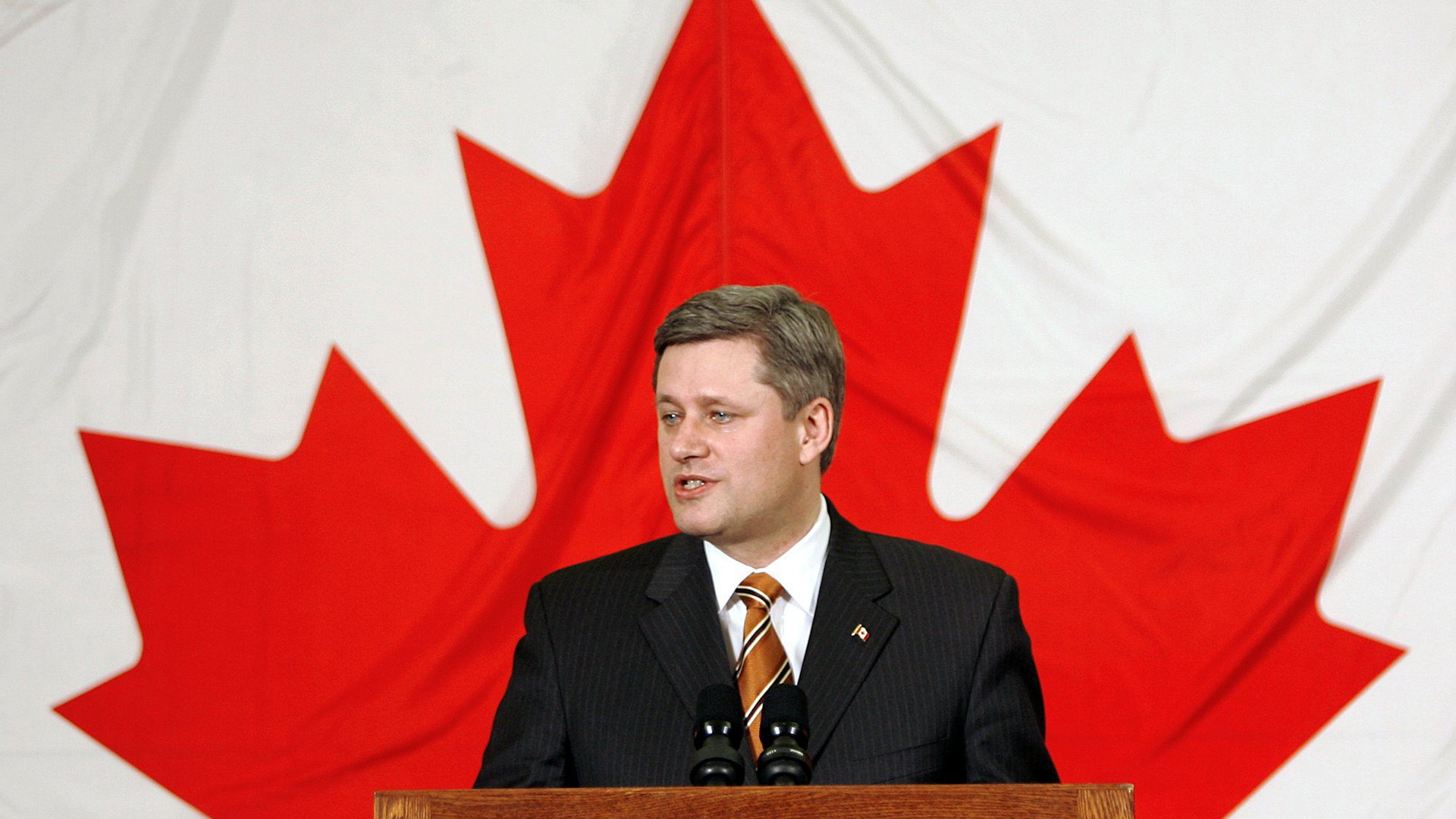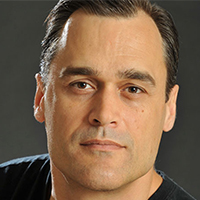
Bill Gates meets Stephen Harper in Ottawa today ”œto discuss opportunities for future collaboration,” says the government’s press release, ”œespecially in the area of maternal, newborn and child health (MNCH).” All very worthy. But what I really hope they’ll take about is measurement.
See, Bill Gates is a big fan. ”œI have been struck by how important measurement is to improving the human condition. You can achieve incredibly progress if you set a clear goal and find a measure that will drive progress toward that goal,” Gates wrote in a Wall Street Journal op-ed. ”œThis may seem basic but it is amazing how often it is not done and how hard it is to get it right.”
Indeed, it is amazing. Take these elementary steps and you can achieve great things ”” and just as importantly, you can learn what doesn’t work and stop doing it. Gates himself has demonstrated the power of his simple observation. The Gates Foundation is renowned for the rigour of its program analysis. It doesn’t just give away money and assume things will work out. It sets clear goals and measures to drive progress toward those goals.
If Stephen Harper were to take Gates’ thinking to heart, a glorious revolution in public policy would follow. But don’t schedule the victory parade just yet.
Stephen Harper has taken the federal government in precisely the opposite direction of the Gates Foundation, with hyper-centralized administration and decision-based evidence-making preferred over evidence-based decision-making. The most egregious demonstration was the entirely unwarranted and all-but-universally condemned scrapping of the long-form census, which has demonstrably diminished the quality of basic data gathered by Statistics Canada and undermined comparisons over time which are essential to the development of informed public policy. And it cost more money.
But who knows? The press release goes on to say that Gates and Harper will discuss ”œways of ensuring that MNCH remains a global priority… and the need to develop clear, measurable objectives to end the preventable deaths of women and children.”
I’ve met Bill Gates. He’s brilliant and eloquent. No Canadian has managed to persuade the prime minister that knowing works better than assuming, but maybe, just maybe, Bill Gates can straighten him out.
Photo by DFATD | MAECD / CC BY 2.0 / modified from original








